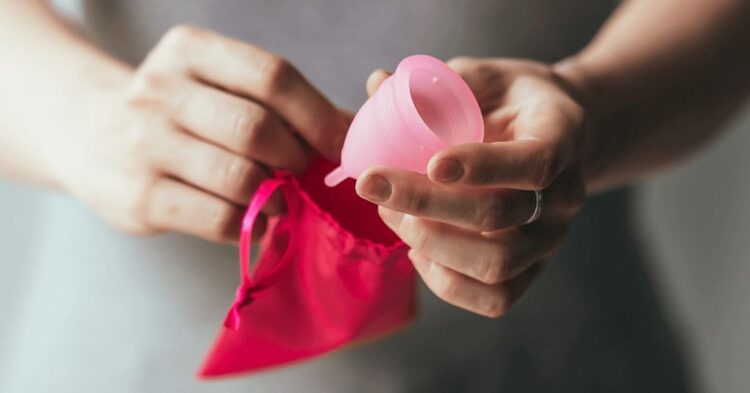When you’re actively trying for a baby, every new period can feel like a failure. Many hopeful parents struggle through the wait, and it’s no wonder so many “hacks” have become a thing.
Before the internet — and even the modern usage of “hack” — women’s magazines would publish tips and before that it was all rumors and gossip passed from person to person.
There are common methods to increase the odds.
Keeping track of the ovulation cycle is most obvious, and monitoring body temperature is used to predict when that egg might start its journey.
But even if you get the timing right, the swimmers may struggle to get where they need to go.

While there is no scientific proof that lying down after sex can increase the chances of pregnancy, gravity is a factor and many doctors recommend giving the sperm a few minutes before standing up and making their job harder.
Eventually nature calls, though.
Sperm can stay alive for up to 72 hours, but no matter how much you might want a baby, no woman is going to just lie there forever.
That’s why many women are turning to menstrual cups as a tool to fight gravity.

Semen needs to stay up near the entrance to the uterus, so the cup is basically giving the swimmers only one direction to go.
There are two common methods.

One involves simply inserting the cup as quickly as possible after intercourse. The other has the man “pull out” and finish directly into the cup before it’s inserted.
Menstrual cups are safe to leave in for up to 12 hours.
That’s why the hack is becoming so popular, and there does seem to be scientific merit to the idea. At the very least, there isn’t a downside to giving it a try.
Dr. Sherry Ross, a women’s health expert, thinks the idea has merit.
She told Parents :
“The longer the sperm hangs out at the cervix and the entrance to the uterus, the better chance it has at swimming up into the fallopian tube to fertilize the egg. Since there are no real guidelines to using a menstrual cup to help keep in sperm at the cervix, I would suggest leaving the cup in place as long as you safely can.”
The anecdotal evidence is certainly there.

New mom Julia Dennison said she tried to get pregnant for nine months before hearing about the hack. The first month she tried it, she got pregnant.
Of course, nothing is a guarantee and sometimes the aid of doctors is needed to help conceive, but consider this just one more tool in the toolbox.
h/t: PARENTS

















































